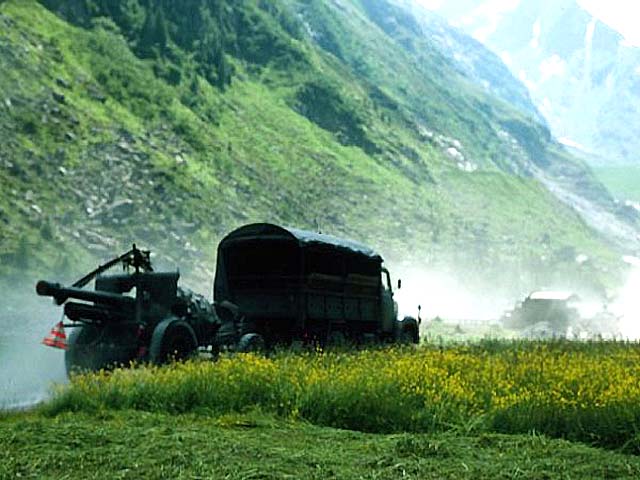Insomnia
Denkend aan de dood kan ik niet slapen,
En niet slapend denk ik aan de dood,
En het leven vliet gelijk het vlood,
En elk zijn is tot niet-zijn geschapen.
Hoe onmachtig klinkt het schriel `te wapen',
Waar de levenswil ten strijd mee noodt,
Naast der doodsklaroenen schrille stoot,
Die de grijsaards oproept met de knapen.
Evenals een vrouw, die eens zich gaf,
Baren moet, of ze al dan niet wil baren,
Want het kind is groeiende in haar schoot,
Is elk wezen zwanger van de dood,
En het voorbestemde doel van 't paren
Is niet minder dan de wieg het graf.
J. C. Bloem
(1887-1966)
|
Insomnia
Thinking about death I can't sleep.
And not sleeping, I think about death.
And life runs the same as the flight.
And every being is for non-being created.
How powerless sounds the ungenerous "to arms",
Where the will to life necessarily fights,
Next to the clarion of death's sharp push,
That the old man calls with a crack.
Just as a woman, who gave herself,
Must bear her child, like it or not,
For the child is growing within her womb,
Every being is pregnant with death,
And the predetermined goal of all union
Is no less the crib than the grave.
|

